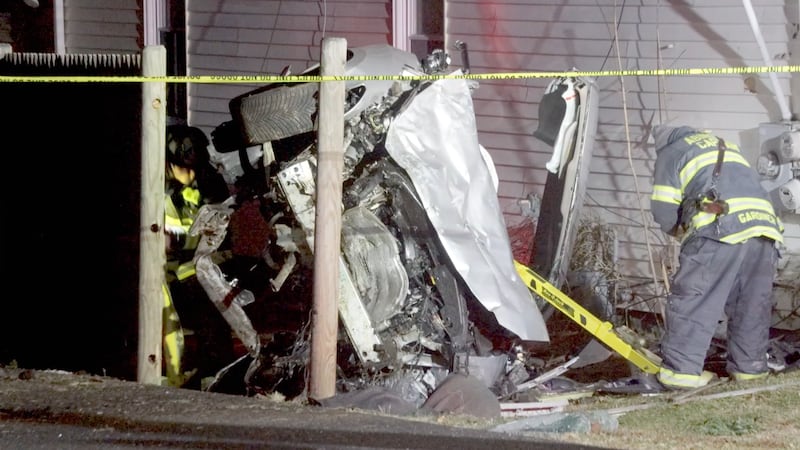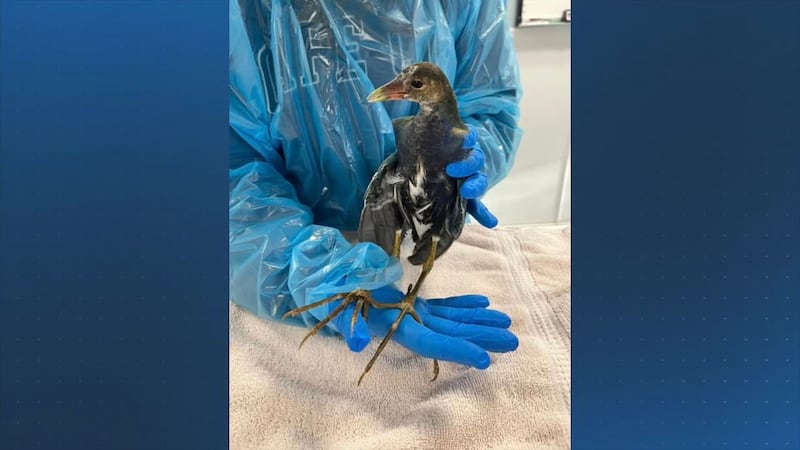HULL, Mass. — After watching a morning news segment on a married couple who each donated a kidney to a stranger, Jodi Elliott was inspired and within three days had begun testing to become a living kidney donor.
Elliott, 57, of Hull, donated her left kidney in February to a complete stranger and the next day returned home. Within days she was cooking for herself and working from home. Three weeks later, she was fully back to work at her business, Mosquito Joe of Braintree-Weymouth.
“We had to have my surgery early in the morning because my kidney had a plane ticket to go somewhere. I don’t know where it went, but that’s all I know,” Elliott said. “To be able to do something and have such a positive impact on another human being, it’s just overwhelming.”
Elliott documented each step of her journey on TikTok from testing to the big day to recovery. She wanted not only to remember the process but also to encourage others to give the gift of life.
“I don’t think it was nearly as difficult as people think it is,” Elliott said. “I’m totally back to normal. I have no restrictions. My life has not changed at all… For somebody receiving a kidney, now they get their life back.”
Donating a kidney to a stranger is rare. According to the National Kidney Registry, more than 100,000 people are in need of a kidney. Roughly 6,000 people donate kidneys each year. But most of those donate to family or friends. Only about five percent of that 6,000 donate to a stranger.
Elaine Perlman, whose son first donated a kidney to a stranger when he was 19, decided to do the same four years ago, launching a kidney chain with four people receiving kidneys, the last of whom was most at need at the top of the waitlist.
“People who donate kidneys to strangers donate kidneys to those at the top of the waitlist, those most likely to die due to the kidney shortage,” Perlman said by Zoom Monday. “The feeling that I used my body to save another person’s life is endlessly rewarding. I feel like I have constant flow of dopamine, happiness rushing through me just whenever I think about the fact that I did this thing.”
Today, as executive director of Waitlist Zero, Perlman is campaigning for the passage of the End Kidney Deaths Act, proposed legislation that would create a 10-year pilot program to provide $50,000 in refundable tax credits over five years for each American who donates a kidney to a stranger.
“Doing the work of donation, which is time-consuming, stressful, and painful is work,” Perlman said. “And so we’re incentivizing people to do that work by providing them with a tax credit.”
Perlman says research indicates thousands of Americans’ lives and billions of dollars would be saved through the program. Most kidney dialysis patients rely on Medicaid to cover the expensive treatment.
“We lose about 1,000 Americans every month from the kidney waitlist. Those are people who die on the wait list or they are removed because they have become too sick to be transplanted,” Perlman said. “We estimate that by year 10, we will save up to 100,000 American lives and between $10 billion and $37 billion.”
After the 10-year program, Perlman says she hopes to expand the incentives to benefit those who donate to friends and family.
“The idea is, let’s show America that this works well to save lives and money and then extend benefit to all donors,” Perlman said.
Download the FREE Boston 25 News app for breaking news alerts.
Follow Boston 25 News on Facebook and Twitter. | Watch Boston 25 News NOW
©2024 Cox Media Group





